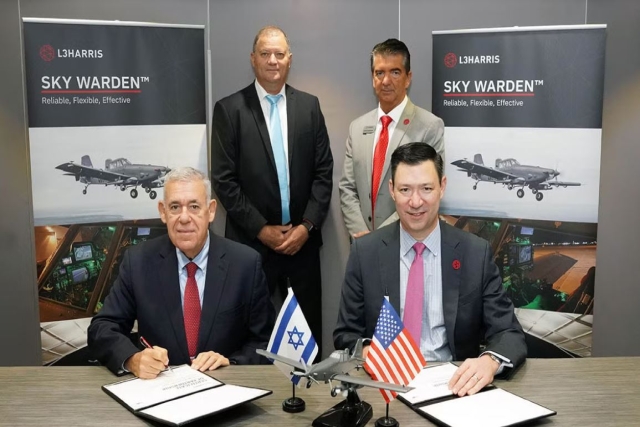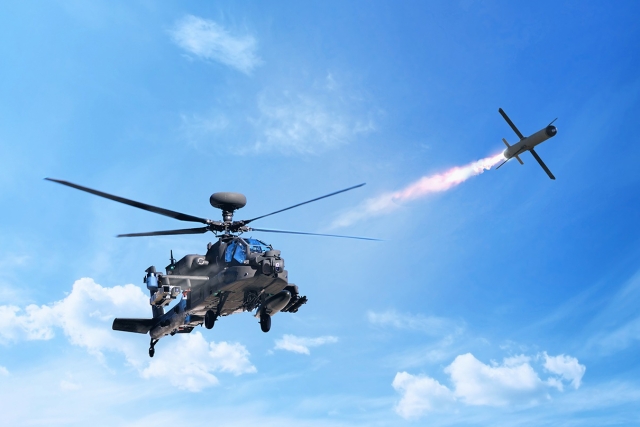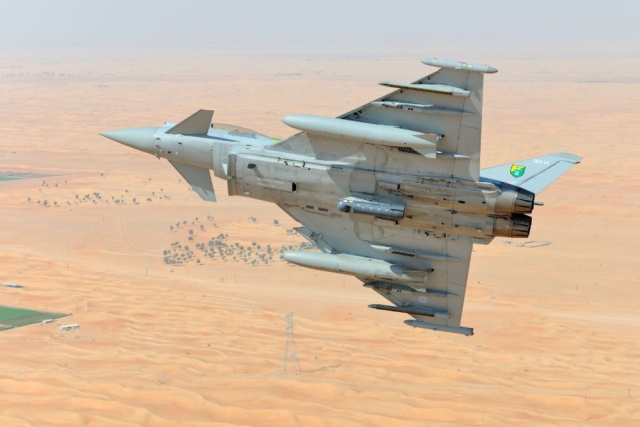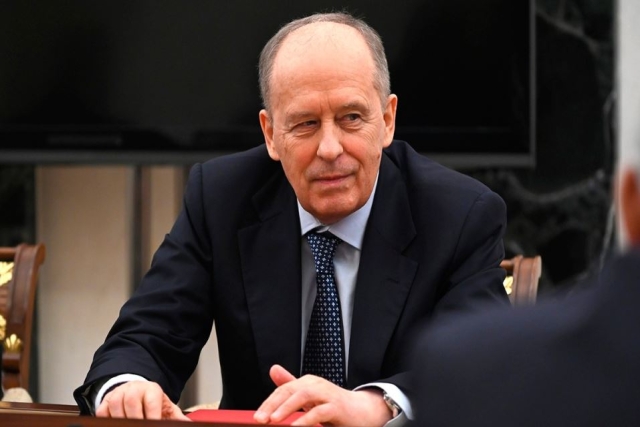Despite Falling Oil Revenues, Middle East Defense Procurement Continues To Boom

Falling oil prices have not deterred Middle East countries from spending on defense procurement.
UAE announced AED 18.328 billion (US$5 billion) contracts over the course of the week signing 33 deals at the IDEX 2015 show.
UAE has bought a host of munitions that include assault rifles, guided ammunitions, helicopters, aerial radar systems, canon systems and aircrafts.
Egypt recently signed $6 billion deal with France for procuring 24 Rafale fighter jets and a frigate. The deal is reportedly financed by Saudi, UAE and Kuwait in part.
The UAE is the first among GCC countries to take part in coalition operations against ISIS militants in Iraq, Syria and Libya which perhaps explains its large arms buy.
Over the past year and half, oil prices have slid and are showing impact on the finances of the region’s governments and have also taken a toll on investor sentiment in Arab securities markets. In spite of all this, the rising terror attacks by the IS might be looked at as a reason for the defense purchases done by countries of the Gulf Co-operation Council (GCC).
Oil prices had declined to an all time low in 2014, causing major blips in the budgets of the GCC countries. Saudi Arabia posted a deficit budget last year for the first time in a decade.
Though Saudi Arabia does not officially release military expenditure figures, the Stockholm International Peace Research Institute had last year claimed that Riyadh had spent $67 billion in 2013 including current and on-going procurement programs. Over the last couple of years, Saudi Arabia has handed defense contracts to companies in Canada, Germany, the UK, USA, China and Russia. Riyadh was at the top of its procurement curve in 2012-13 when it signed up for Eurofighters, missiles and ships.









